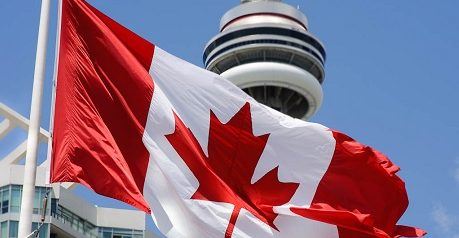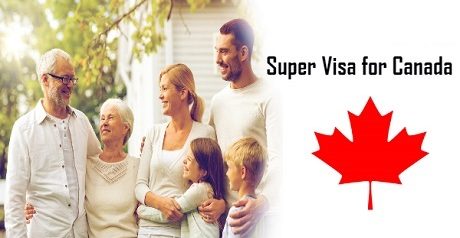Foreigners need either a TRV or an eTA as follows:
Tourists
Temporary foreign workers (individuals with work permits)
International students (individuals on study permits)
Business Visitors
There are three types of Temporary Resident Visas, they are:
Single Entry Visa – this allows the foreign national only one entry into Canada;
Multiple Entry Visa – this allows the foreign national unlimited entry into Canada pending the validity of the Visa; and
Transit Visa – this allows entry to Canada for foreign nationals who are travelling and who stop in Canada for less that forty-eight (48) hours, but who’s country of origin is one that requires a visa.


